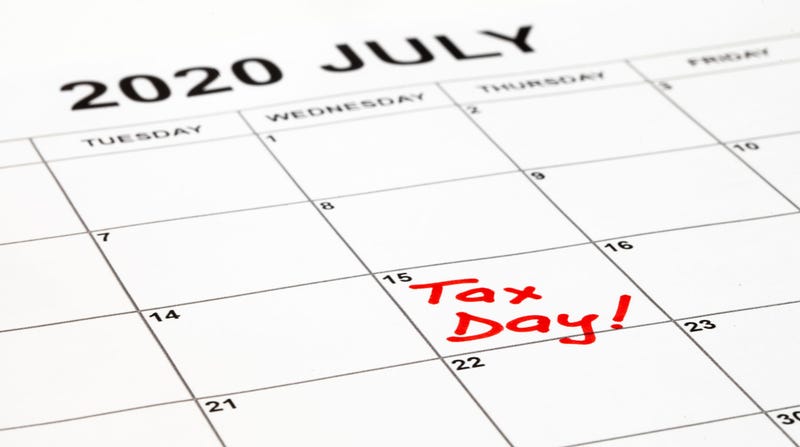
UPDATED: 9:30 a.m.
It’s been an untraditional tax season. Carlo Ferri, tax director with the accounting firm Kreischer Miller in Horsham, says they noticed a trend.
Ferri recommends not putting it off. He says taxpayers should file now anyway to avoid a penalty.
“The IRS would assess a penalty for failure to file your tax return. Even though you have a balance due and you can’t make the payment, we always recommend paying as much as you can,” he said.
And, Ferri says, “And you can always work out a payment plan with the IRS if you’re short on funds.”
“There is interest that the IRS would actually give back to you for any refunds that would be have been paid to you starting from April 15th forward,” he said.
Those interest payments may be received separately from the refund, according to the IRS.
Another strong recommendation from experts like Ferri, for taxpayers filing at the last minute, is to file electronically. The IRS says it is backed up, processing mailed-in paper returns.
“The IRS service centers right now are not running at full capacity so there’s a delay in processing tax returns,” Ferfri said.
The process slowed down because of pandemic-related staffing limitations and the sudden, additional, enormous task of processing 160 million stimulus checks.
For those who still need more time, you can file an extension for Oct. 15. But you need to estimate your liability. If you’re expecting to owe, that is due today, no matter when. You file.
Finally, Ferri said a question he still gets from clients is: Does the stimulus payment affect their tax return? It does not.
The IRS says the stimulus payment is not part of your gross income, so you will not include it in your taxable income on your federal income tax return. Nor will you pay income tax on your stimulus payment. It will not reduce anyone's refund or increase the amount anyone may owe.

